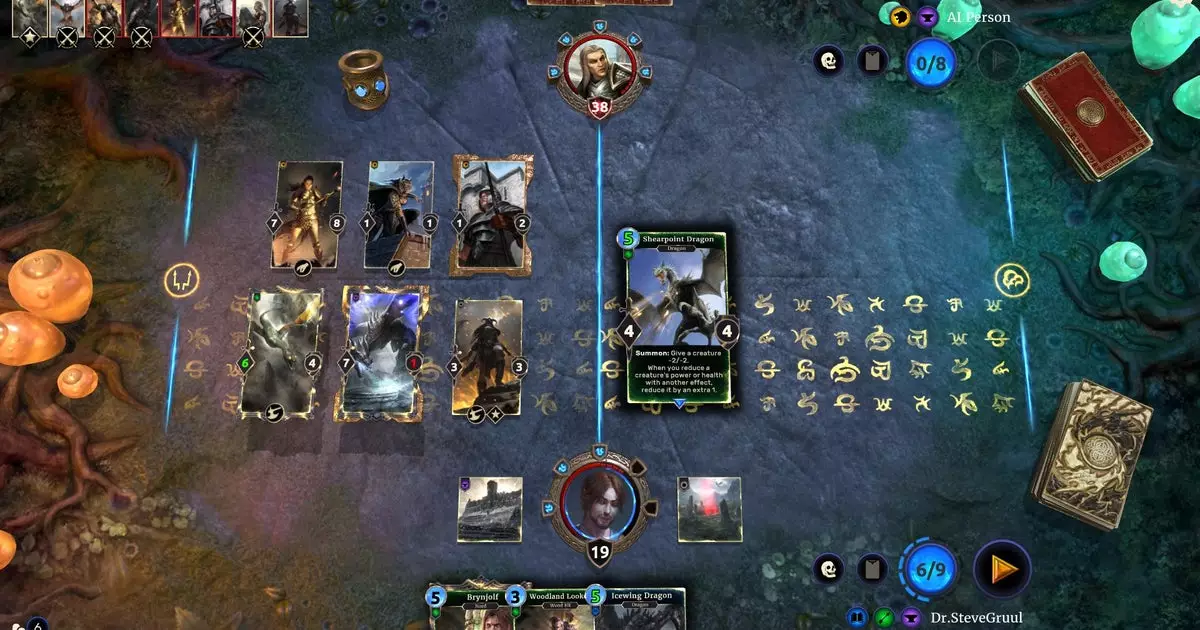The announcement regarding the closure of The Elder Scrolls: Legends marks a significant moment in the world of digital gaming. Set in the expansive universe of Bethesda’s Elder Scrolls franchise, this free-to-play card game is set for its final curtain call on January 30th, 2025. Following a five-year dormancy and the removal from Steam, the decision to shut down servers and make the game unplayable has drawn attention and criticism from both players and industry observers alike.
Originally launched in 2017, The Elder Scrolls: Legends seemed to carve out a niche in a genre dominated by games like Hearthstone. Brendy, a notable reviewer in the community, noted its incremental improvements over established titles, particularly highlighting its innovative rune system. Despite these accolades, the game’s evolution stagnated, with development halting just two years later. Such a decline not only raises questions about player engagement but also about the sustainability of live-service games that heavily rely on ongoing support and community involvement.
The closure announcement has been met with disappointment, especially for loyal players who invested time and resources into the game. An in-game message indicates that players can engage with the remaining content for one gold per item until the servers shut down. While this gesture allows for a final dash of enjoyment, it does little to alleviate the sting of losing a beloved platform. Its multi-layered approach to card strategies and its intricate ties to the Elder Scrolls lore further complicated matters, leading many to develop a connection that will soon be irreversibly severed.
What is particularly disheartening about the demise of The Elder Scrolls: Legends lies in the broader implications for the gaming industry. The notion of games being cast aside so callously challenges the very foundation of customer loyalty and ongoing engagement. If major titles can vanish without notice, what does that say about the industry’s commitment to its audience? Unlike other media that often find ways to preserve their legacy, video games seem susceptible to a cycle of fleeting success and abrupt discontinuation. Without an offline mode or any alternative access, the game faces an inevitable fade into obscurity.
As discussions around the premature termination of games like Legends continue, it poses significant questions about the future of online gaming. The prevalence of disposable live-service games creates an environment ripe for disillusionment among consumers. There seems to be a need for a cultural shift onwards sustainability and longevity within the gaming industry. Players deserve more than a fleeting experience; they seek investment in a platform that recognizes the time and passion they contribute.
The closure of The Elder Scrolls: Legends is more than just the shutdown of a game; it represents a cautionary tale about the ebbs and flows of the gaming ecosystem. As we reflect on this loss, it becomes imperative to advocate for meaningful engagement and preservation in an industry where creativity can easily be left unrecognized. The hope remains that future titles will not repeat the mistakes of the past, and that they will foster a community that can endure long after the screen goes dark.


Leave a Reply